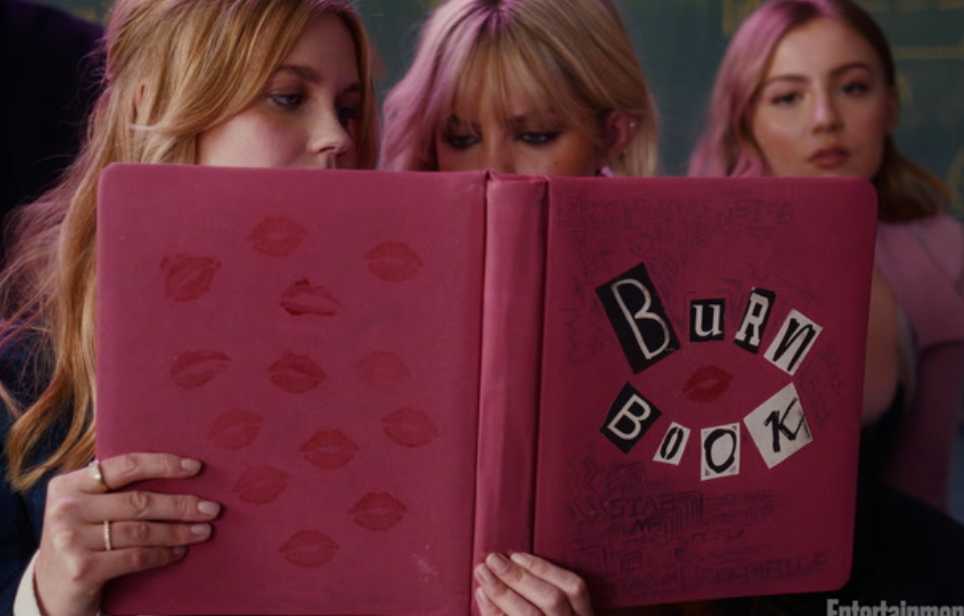People put each other in boxes. Not literally, of course, and usually not consciously.
Take the media, for example. In TV shows and movies, Americans are often portrayed as arrogant, less worldly consumerists. The British are shown as stuck up and somewhat unempathetic, in contrast to people from Latin American countries, who are viewed as overly emotional and sometimes unreliable. The French, meanwhile, are portrayed as unkind bon vivants.
It does not stop there. Norms and expectations exist in most places, even in high school.
There is the stereotypical wild teenager: those people who supposedly party all the time, drink, smoke, and are very popular.
There are the nerds: the people who are seen as super smart, study all the time, and are very socially awkward.
There are the virtuosps: those who participate and excel in everything, are very kind, and are thought of as untiring.
There are the athletes: Those who are very strong, thrive while doing sports, and supposedly put athletics first.
Obviously, none of these cliche descriptions are entirely accurate. No one can be described as being a single thing, because no one is linear. We all have a variety of traits, likes, and dislikes. Depending on the situation, our reactions vary.
The movie Mean Girls, originally released in 2004, delivers this very message. The main character, Cady Heron, enters high school for the first time, to find several rigid societal structures, from the nerds, to the popular “Plastics”, to the outcasts.
As the film goes on, the cliches get more and more intertwined. Cady progressively becomes more like the plastics, but she is also simultaneously a nerd and an outcast. The leader of the plastics, Regina George, is shown as popular despite no one liking her. Janis, one of the outcasts, is shown as once having been popular until Regina spreads rumors about her sexuality.
Obviously, like all movies, Mean Girls is meant to be dramatic, and over exaggerates high school drama. However, there are still lessons to be learned from this film, and the musical adaptation that has been released this year, exactly two decades after the original.
People put each other in societal boxes. Why? Perhaps it is to make us feel more comfortable. The known feels safer than the unknown, so people feel better if they believe they have everything about a person figured out.
However, despite it being harder, maybe exploring the unknown is a better option than staying in the stereotypical boxes that society knows all too well.




